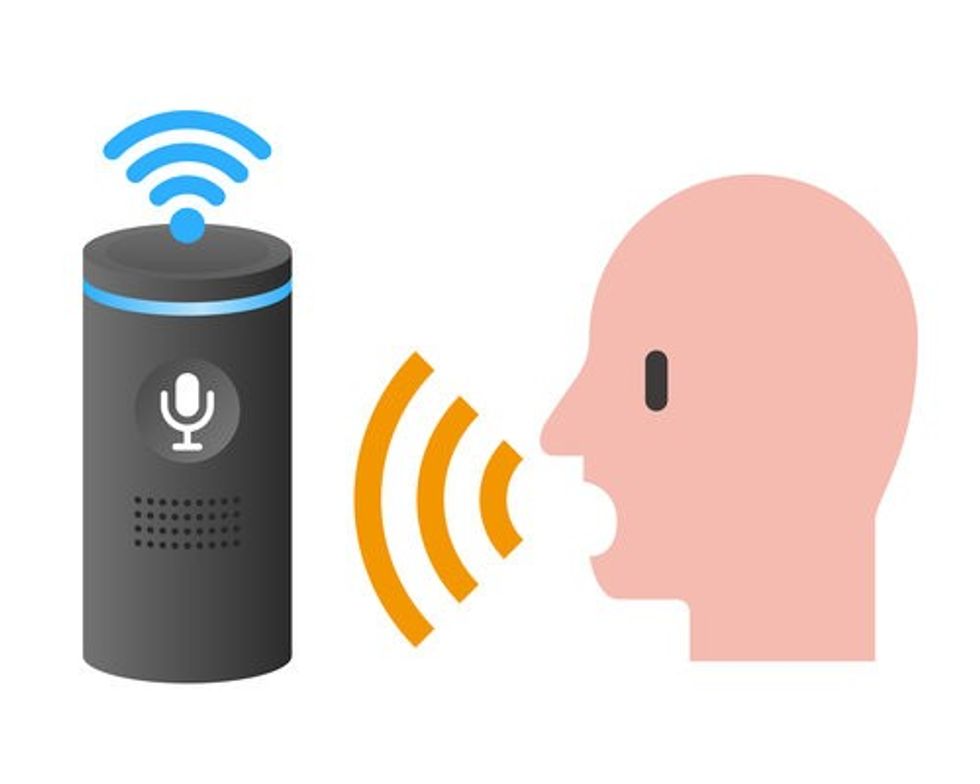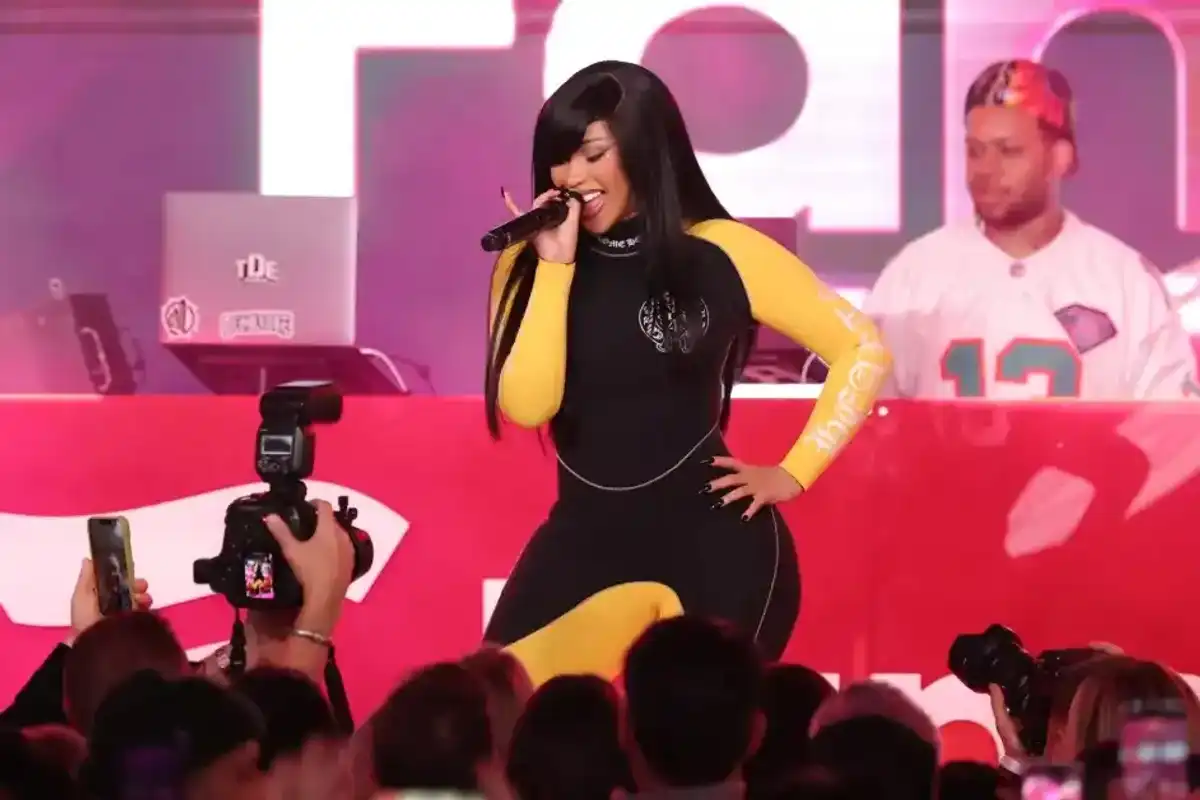Part 2: Radio In The Era Of Smart Speakers
We touched on a plethora (love that word) of items in Part I of Smart Speakers. How they work, what they do, problems and positives for radio. Now let’s go down a path that, to me, just seems where it all has to end up like it or not – because of these speakers.

By Pat Holiday
We touched on a plethora (love that word) of items in Part I of Smart Speakers. How they work, what they do, problems and positives for radio. Now let’s go down a path that, to me, just seems where it all has to end up like it or not – because of these speakers.
Maybe it’s time to change our entire business model fundamentally. Essentially, to do what’s done in the UK, which oddly is precisely what was done in North America 70 years ago.
I know, it’s not a pleasant thought. Heresy, almost. But CBC does it. Every single Television network in the world does it. Most Talk or NewsTalk stations in the U.S. and a bit here too do it. Maybe it’s time for radio to jump in big time to it also?
Networking large chunks of radio stations coast to coast
If you step back and look at this like any other challenged (the kind way of saying troubled) industry, the facts are these.
It’s incredibly hard or impossible to add more inventory. You can’t build a new factory to make and sell hockey sticks. Inventory is locked or needs to drop.
Prices for spots are super challenging to raise. Keeping them static is a win.
Advertising demand has been slowing.
The talent pool continually gets shallower year after year. That’s radio’s complaint. Maybe it’s just a lack of really looking or training or whatever. But it’s happening.
Profits are hard to grow so resource and body cuts are almost continuous. That’s brutal.
The cuts, in turn, make the product weaker. A vicious cycle.
All of the above make it increasingly difficult to build an AMAZING radio station that people love. REALLY love and will go out of their way for.
The only thing that solves the above is money. Lots of money. More than enough money to build what’s needed once and for all. Something unique and magical as far as radio goes.
That money isn’t going to come through the door. Not that maybe it couldn’t, but I just don’t see it happening in my lifetime. It’ll have to come from intelligent savings. So much savings that there’s enough left for a tidy investor profit AND to pile back into a fantastic product.
Remember the remarkable Steve Jobs Apple turnaround? His first act to save Apple was to cut their number of products to one and just concentrate on making a superb colourful new iMac. BIG cuts to pour into one great product, not for profit.
So perhaps mass networking is the ugly solution that no one wants to broach. Yes, there’s voice tracking across stations, and sort of networking here and there. I’m talking about blatant super-stations with short shows so the talent can shine, well paid amazing talent (pick 10 jocks from 400-500 of the best out there), with all the bells and whistles and huge backup staff that money can buy, running on stations coast to coast under one brand name. Basically – Capital FM or Heart FM from London.
They have fully local morning shows, some live drives, and that’s it. The rest is all live from London. And they are remarkable sounding stations.
Clearly that can be emulated and tweaked for local stuff anywhere. Technology can play pretty much anything, anytime, anywhere with the correct software. Each local station is sold nationally from a rep house and locally from their own city’s sales staff. You know, just like any TV station in North America now.
Who knows, maybe it’s time for owners to divvy up the country by format so everyone survives nicely. Superstations in many different formats, all across the country. That would mean doing deals and working together. Different. But then that’s what some now giant internet companies did to grow from their infancy -- Do seemingly impossible deals with competitors.
But there’s no live and local!!
Well, let’s look at that. Time, local weather, local news, local traffic, winter school closing: all on your phone, iPad, computer or these speakers instantly. No waiting for the radio station format to come around and do it. Instant. You can argue pretty quickly that a station (TV or Radio) is now mostly obsolete for these services. Ok, let’s be kind. How about redundant.
Also, most radio stations have killed the time and news after mornings already. So, what’s left that’s local? Traffic and commercials. That’s pretty much it really. Most certainly ads won’t disappear so not a lot missing.
Do I need to point out how much VT or lack of what used to be a live jock presence goes on after 9 am in most markets?
I think you’d want some local news presence in each market. Instead of anchors though it might be reporter/writers instead, that feed the ‘major newsroom’ somewhere else. Emergency? A reporter is there. Big emergency, anchors get sent because now you can afford to do that. Umm, just like TV.
If your station runs Seacrest or Tesh etc. to good ratings, then we’re done here.
As far as regulatory pushback? Probably. But then it’d be hard to argue given that CBC is pretty much this already. It’ll probably come down to whether someone making the rules cares about keeping commercial radio vibrant or not. Whether they’re looking down the road or at the road.
This kind of conversation has been going on since Randy Michaels ran Clear Channel. You know it. I know it. The only difference now is timing. These smart speakers just put the world at your doorstep and vice versa.
The game is going to change forever soon fundamentally. OMG, and I didn’t even bring up the question of “What happens when these units get into cars”? You know what's coming.
Ok, downer. Forget I wrote that.
Unless I’m wrong, and that’s always a possibility, being able to compete against the world on these smart speaker boxes – and simultaneously in each local market -- is going to be infinitely more manageable with your own uniquely branded, easy to say and remember, Super (in every sense of that word) Station… than it will ever be with 30 or 40 or 100 stations that are all weaker and haphazardly named.
At the very least, get yourself one of these units and make up your mind. I’d suggest Amazon’s. You’ll be glad you did. Hey, perhaps you’ll even see more possibilities.
I don’t have all the answers. No one does where the future is concerned. I just love opening your horizons so you can see the forest better and form your conclusions. Hopefully I’ve done that.

















